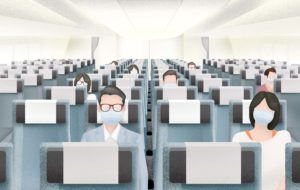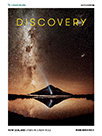In April 2016, two driverless cars arrived in Beijing and made history. The vehicles had completed the first long-distance road test by self-driving cars in China, a journey of 1,900 kilometres over five days. The cars were manufactured by Changan, a Chongqing-based automobile titan that plans to sell 4.5 million cars by 2020.
Chongqing, a city of almost 20 million sitting on the Yangtze river in south-central China, is the country’s car-manufacturing centre. And it’s not just Changan. The city is home to other manufacturers like Lifan, as well as thousands of industries that support the auto trade, which in 2015 were part of a Chongqing automotive industry worth RMB 470 billion (HK$550 billion).
The automotive industry is central to the advancements in Chongqing’s innovation sector. ‘Driverless cars are where the auto industry is headed,’ says Li Yusheng, chief engineer at Changan’s Automobile Engineering Research Centre. ‘As technologies advance, vehicles will become more automated, and the driverless car is the final destination. If an auto company doesn’t have the technology, it will be left behind.’
On a broader level, driverless cars are part of the big thing happening in the sprawling industrial city: the Internet of Things (IoT). Chongqing was, in fact, an IoT centre before the term was in common parlance. China Mobile established its IoT centre in the city in 2012 and Acer Cloud Technology arrived in 2015. This arm of the computing giant focuses on the research, development and commercial applications of cloud computing, big data and IoT devices. Chongqing’s Foreign Trade and Economic Relations Commission has plans for an ‘IoT industrial base’ in the southeast of the city that will support five to 10 standout enterprises.
‘Everything in this city is so dynamic right now. The only thing that is lacking is time,’ says Sean Ren from Silicon Valley startup platform Plug and Play, which set up in Chongqing last summer.
The innovation realm is booming in Chongqing. Here are some of the people and ideas coming out of the megacity.
The Person: Zhang Hong
Using big data to optimise everyday services
Big data is big in Chongqing. The Chongqing Big Data Innovation Alliance, which promotes the industry, launched in June 2016, and the city has a technology park, Xiantao Big Data Valley, to serve as a hub for big-data entrepreneurs. Zhang Hong is one of them. He is the chief executive of ShowCBD, a company using Wi-Fi and an app to collect data from Chongqing’s residents.
The company gathers information on where residents park their cars, which restaurants they frequent andtheir shopping habits, and uses this data to create smart city services including a parking-space finder, offline-to-online shopping experiences and targeted advertising.
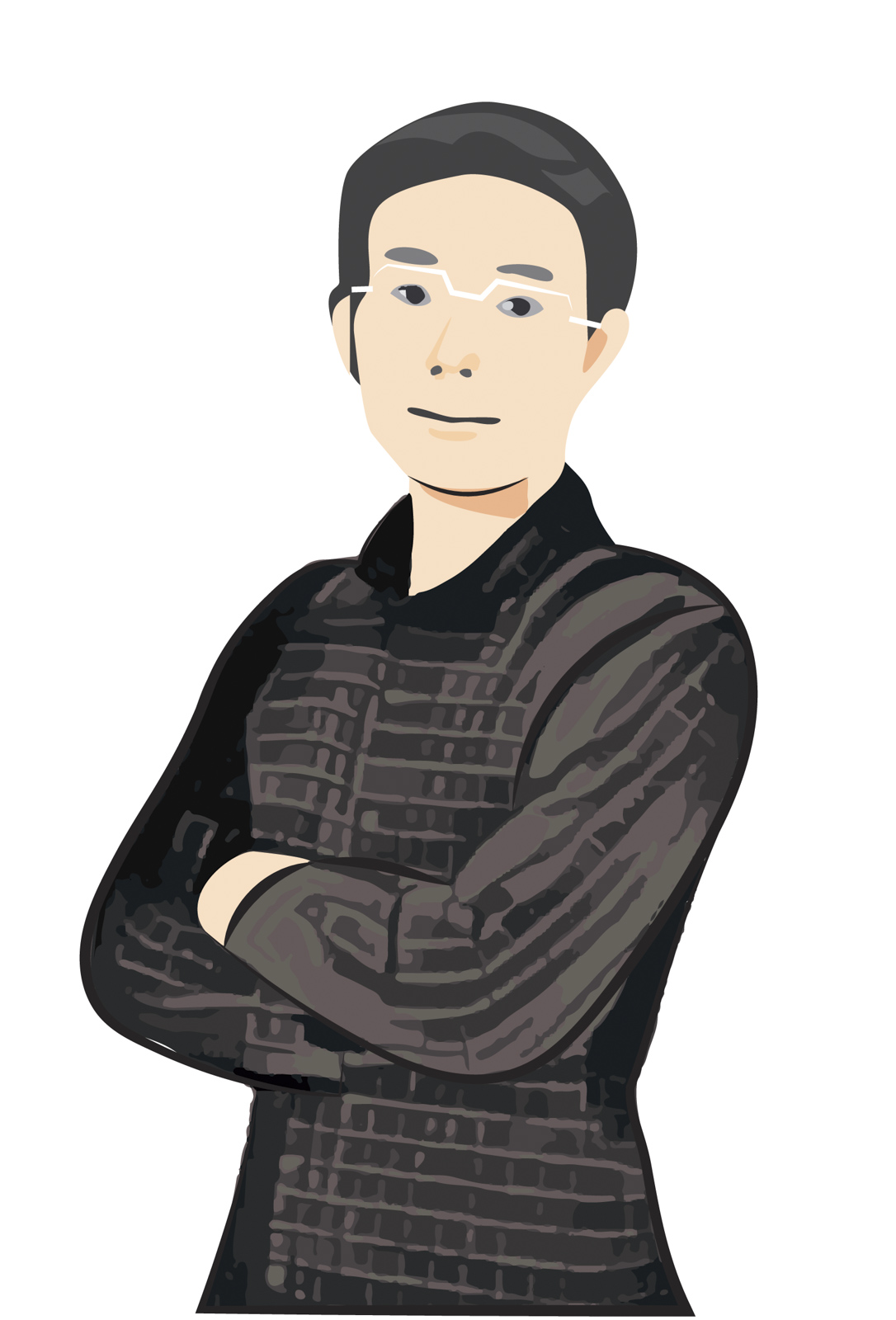
‘I got the idea during my general experiences in daily life, especially when I went shopping,’ says Zhang of his concept. ‘I felt there was a need for this kind of innovation.’
‘I think Chongqing is well prepared for this concept because it is one of the largest cities in western China in terms of economic development,’ says Zhang. The Chongqing native is eyeing up other cities in southwest China and then ultimately hopes to go national.
There are more players in this growing field. Sean Ren of Silicon Valley startup platform Plug and Play’s Chongqing branch singles out Yucun Technology, which uses data to give early warnings of risk to financial firms, identify consumer behaviour for marketers, conduct public welfare studies and more.
Another company, CPAU, is providing big-data collection services to the city’s automotive industry, informing carmakers about consumer data such as how much they are willing to spend on a car or on insurance. Not only does it offer its 5,000 clients access to such figures but it also provides its Decision Supporting System, which helps companies make calls that affect their stock levels or operations.
The Product: Ewillin Smart Shoes
Walking a new walk
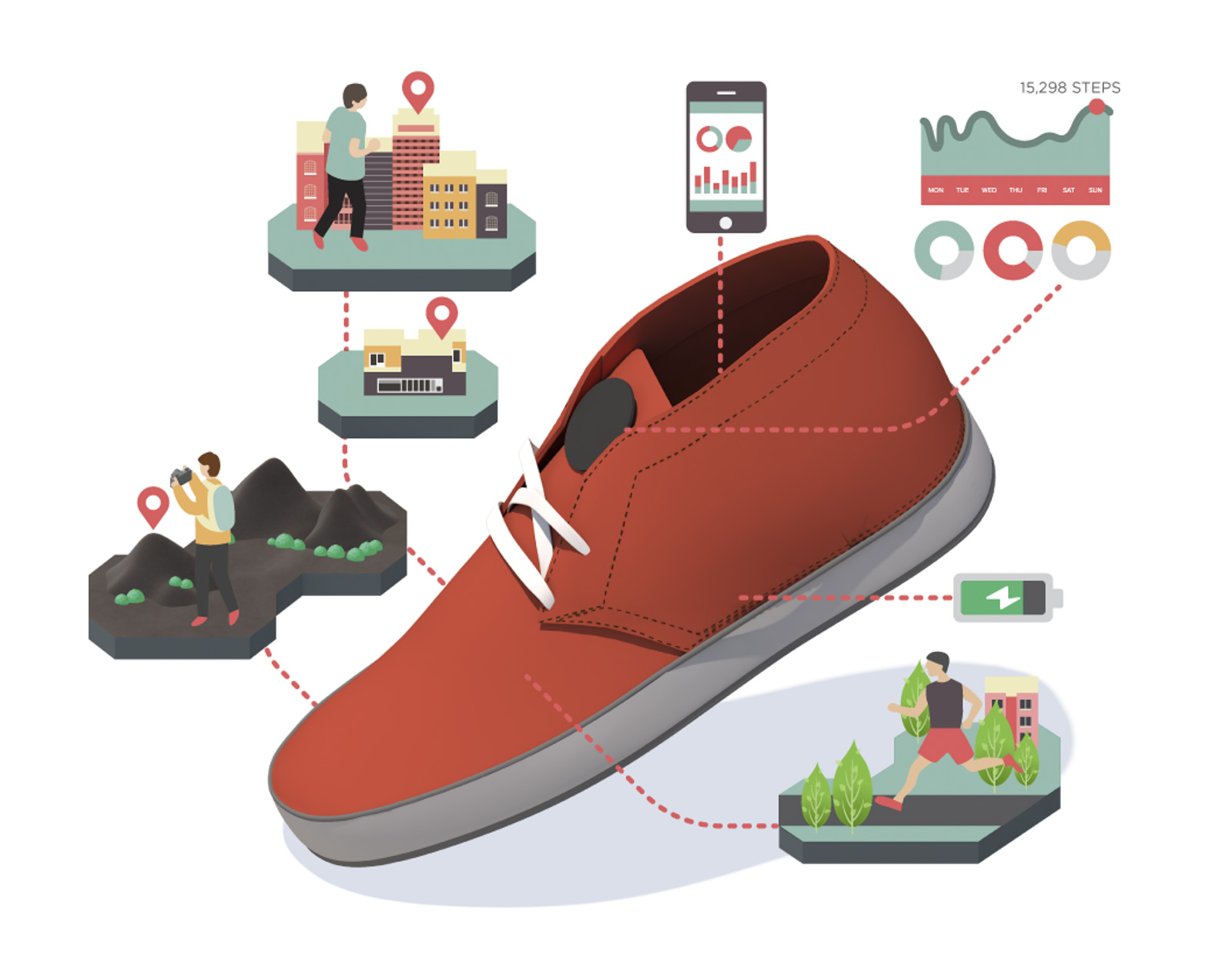
We’ve all heard that wearables are the next big thing. Watches have already started the trend and the range of tech-on-your-body has expanded to clothing, jewellery and accessories. Chongqing inventor Deng Xianyun wants to extend this to your feet.
His invention is the Ewillin smart shoe, a pair of trainers that will charge your gadgets and gather data on your movement.
Deng started the project because he thought having an intellectual patent would make it easier to get into a good college. Now, however, the patent has become a product.
The shoes’ battery charges as you move and can then be used to power up gadgets via a USB port. Various sensors also gather other data such as elevation, pressure exerted, steps taken, trajectory and calories burned, which are accessible via a mobile app called Getfit2.0.
After a crowdfunding campaign on JD.com, China’s leading business-to-consumer e-commerce site, the first pairs shipped in May. Now the inventor is looking to the wider market while also developing the second iteration of the design, which will offer wireless charging. And we’ve heard that the next phase will involve another crowdfunding campaign, this time on the global platform Kickstarter.
Ewillin faces stiff competition in the smart-shoe sector, as global tech giants also converge on the space. Samsung showed off its IoFIT smart athletic shoes at the Mobile World Conference in Barcelona in the spring. Chinese ‘unicorn’ tech firm Xiaomi also has something in the works. And sportswear maker Under Armour has created the Speedform Gemini 2 smart sneakers, which have an inbuilt computer to track how far the wearer travels, as well as stride length and pace.
Deng, however, remains confident that the Ewillin shoes will win fans, promising his shoes will allow them to ‘truly experience the power of walking’.
Find out more at www.ewillin.com
The Infrastructure
Accelerated development where China’s roads meet
Chongqing’s standout industry is car manufacturing, but local authorities are focused on building the electronic and technology sectors and have hopes that its high-tech industry will surpass its car industry. A spokesperson from Chongqing Science and Technology Commission points out that the government has been working on strategies to promote and grow 10 specific industries, among them electronic components, the Internet of Things and robotics.
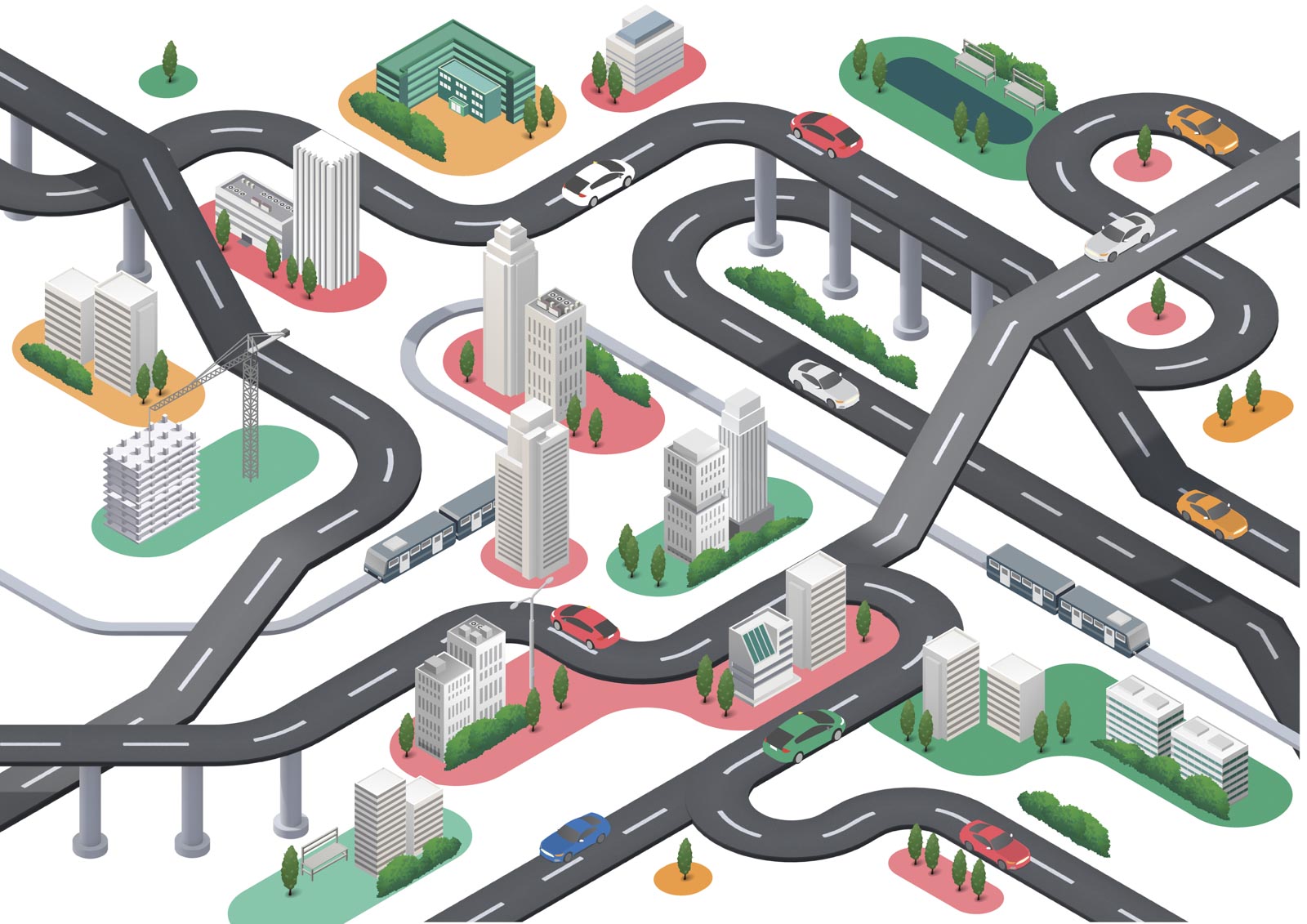
Local universities are already fostering talent, but the startup ecosystem also now includes accelerator programmes run by Amazon and Tencent, housed in Tianan Cyber Park in Dadukou district and Zhaomushan Forest Park. Plug and Play’s Sean Ren says that the support from local authorities, in terms of funding, tax breaks and innovation-friendly policies, is also a significant drawcard for entrepreneurs.
The city’s standing as an important transportation hub gives it a leg up. In the past decade, it has completed a metamorphosis from a manufacturing and industrial centre to a financial hub, thanks in part to its rapid construction of railways and expressways, as well as its location at the confluence of the Yangtze and Jialing rivers.
And the city is set to play an important long-term role in China’s economic strategy: it is the start of a railway to Europe that travels 11,000 kilometres through six time zones. This will be a major part of President Xi Jinping’s Belt and Road initiative, which will see the revival of ancient trade routes that once spanned Asia, Africa and Europe.
Additional reporting by Coco Feng.
What to Watch
Potential free-trade status could bolster Chongqing’s already booming economy
Chongqing is mooted to become China’s fifth Free Trade Zone. These zones offer greater freedoms for setting up businesses and serve as a testing ground for policies that could eventually be rolled out across the country.
Chongqing’s Liangjiang New Area had a GDP of RMB 320 billion in 2015 and this is predicted to more than double by 2020. Its main industries are auto production, electronic information and equipment manufacturing.
The city is on the path to become the world’s third-largest coffee futures market, after New York and London. The Trans-Eurasia Railway has been crucial for exports.












